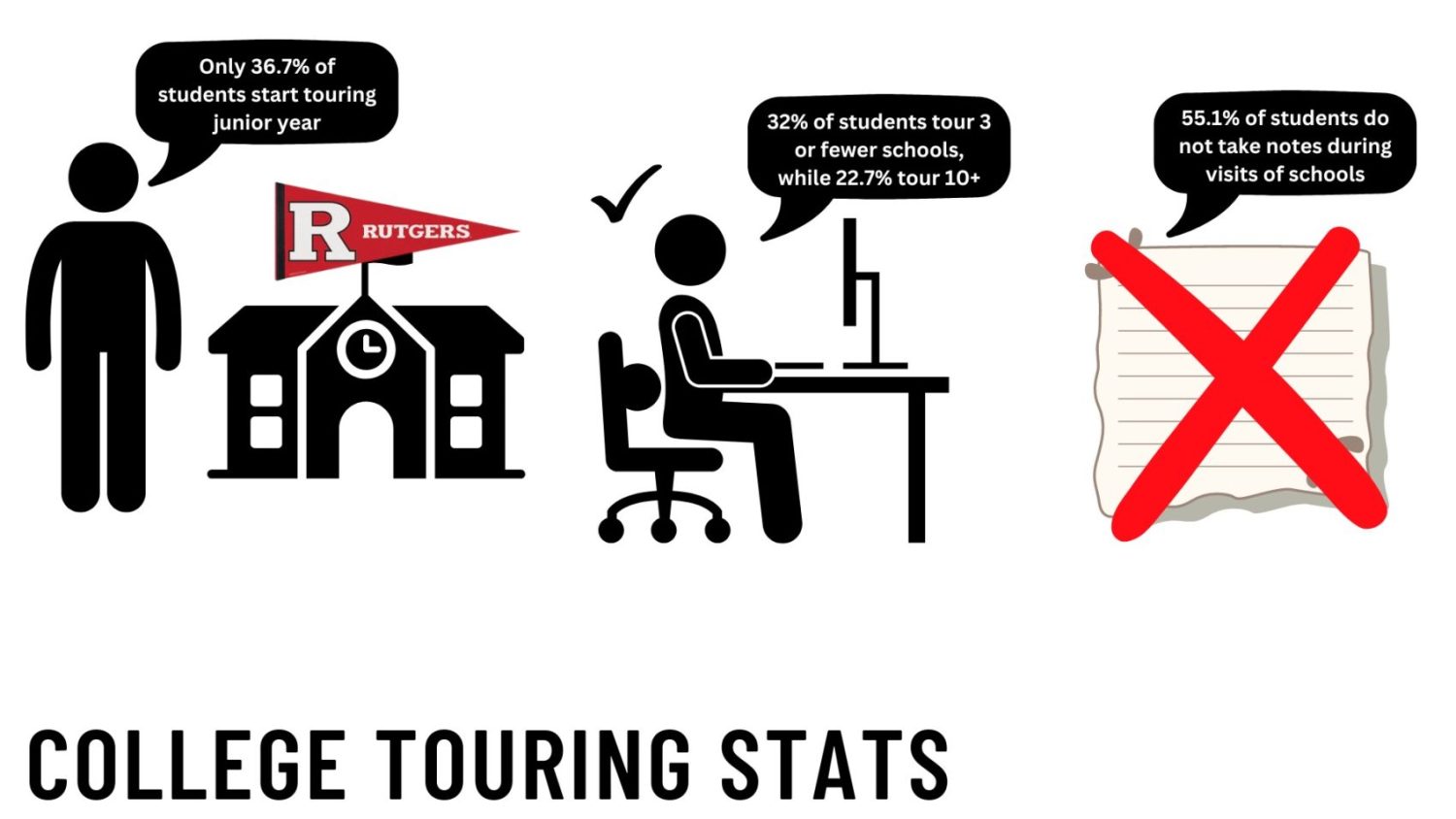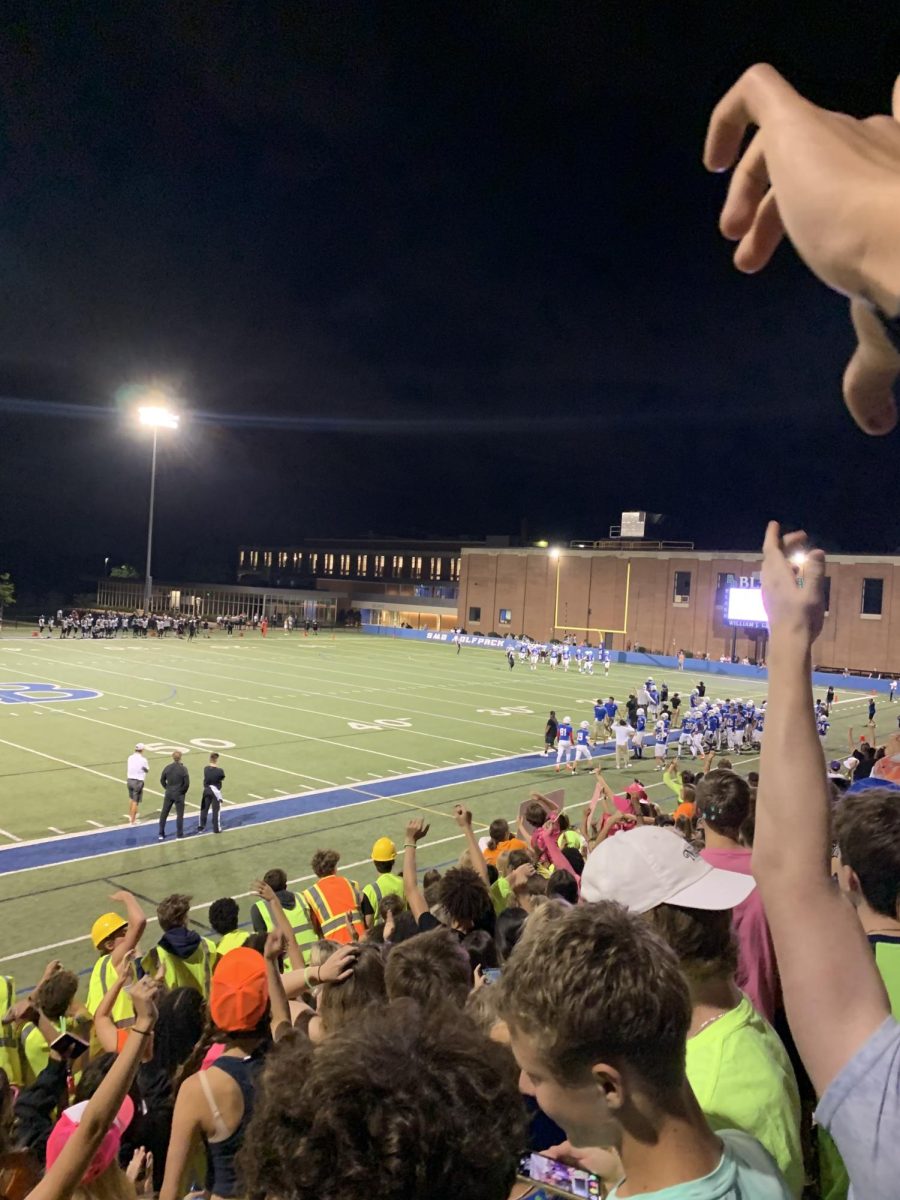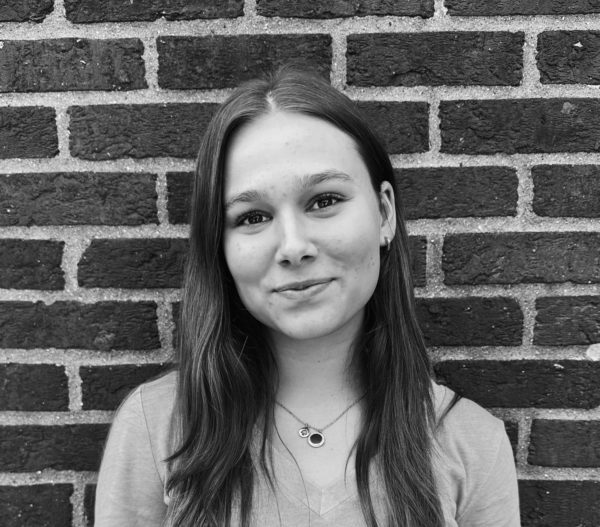From COVID-19, to the war in Ukraine and inflation, current events wholly engulf us whether it be in the news, social media or just in a regular conversation on a random Tuesday. In the classroom these current events form in a different way, Social Studies teacher Ben Cady says it best noting, “I think [teaching current events is] essential, it’s one of my favorite things about teaching social studies.” While essential to a students’ life, current events can get lost in the urgence of a classroom, and the occasional rush to get through a curriculum pre-AP test. However in an ever-changing world it is important to gain various perspectives, not just from a news channel pushing an angle but from a teacher who is invested in students’ knowledge of world-altering events.
In beginning the process of teaching current events Cady remarks on the importance of sharing information and goals throughout the department to better inform students. He notes, “So for [the war in Ukraine] we actually as a department…we just started compiling information, what are we going to do? Then it’s “try this resource, try this resource, try this resource” and so everybody kind of emails back and forth, did you see this, did you see that? And then really kind of being like you know what to hell with the curriculum right now this is important, people need to know what’s going on.”
Eva Redmond ‘25 concurs that “We covered Ukraine, we did spend a day talking about Ukraine and you know [current events] will be thrown in.” However she elaborates that “I think that a lot of times [conversations started in class] stop…I don’t know if these are conversations that a lot of people have the knowledge to have because when we’re talking about something, like a war for example, there’s a lot of context, there’s a lot of history, there’s a lot of aspects you need to know to be able to have a discussion. If we are only going in just having our history teacher show us one video about the war…it doesn’t really give all the context necessary to continue having those discussions in other places…I just think that not everyone knows how to do that because we don’t know enough about current events to keep talking.”
Cady and other Social Studies faculty members see current events in various categories with different strategies to maximize understanding. The first of said categories is weaving current events into preexistent curriculums. Specifically, Cady gives the example of guiding his 9th grade students through the “so-what” of history by working to connect current events to our historical past. The second of the two categories is events that abruptly come up throughout the year such as the war in Ukraine or the January 6th insurrection. Such events require the interest of the student body, department collaboration and a willingness to forgo preplanned curriculums to focus on the broader picture. Both of Cady’s detailed categories aid in teaching students the “big picture” and when it comes to schooling those are the lessons that are most vital in gathering. Redmond agrees, noting, “When you have the historical context or something you can understand why current events are occurring or do things to stop those from happening.” She elaborates that it allows students and teachers alike to exhibit more empathy, a trait which is vital far beyond the halls of Blake.




